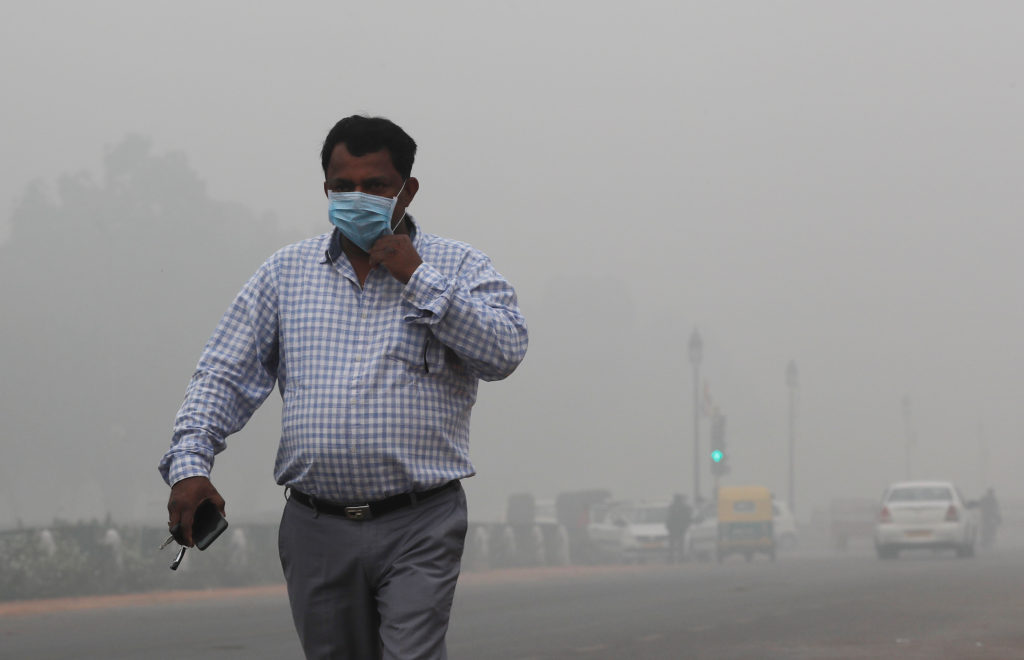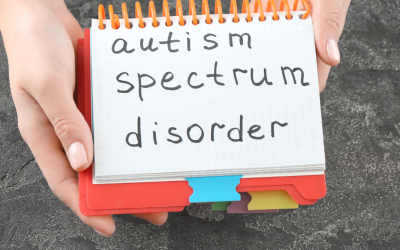Air Pollution & It’s effects on mental health
When talking about the negative effects of air pollution, a lot of focus is placed on the physical diseases that occur from pollutant exposure. But did you know that air pollution affects mental health as well?
The World Health Organization (WHO) estimates that 9 of every 10 people worldwide inhale polluted air, and exposure to polluted air is accountable for 7 million deaths annually and an 18-39% increase in common mental disorders.
Specific to children, researchers have found that young people were 3x to 4x more likely to have depression at age 18 if they had grown up in areas with higher air pollution. Various global and Indian Epidemiological evidence shows an emerging association between certain air pollutants and a range of mental health outcomes including depression, anxiety, psychosis, dementia, childhood cognitive development, and suicide.
Research also found that those who lived in highly polluted regions during the first ten years of life were at a greater risk of developing schizophrenia, depression, bipolar, and personality disorders. We also see that visits to mental health service centers are higher on days with increased PM pollution (especially between September to January in Delhi NCR). Mortality associated with mental and behavioral disorders is higher on haze days. Various studies have also discovered increased suicides/suicidal attempts correlated with higher levels of pollutants.
In studies, it’s also found that air pollution even causes a huge reduction in intelligence, especially in children.
A lot of people think pollution is only outdoors but when it comes to indoor air quality, carbon dioxide (CO2) in particular has a significant negative effect on cognitive capabilities, productivity, comfort, and mental well-being.
Research regarding the neurological effects of air pollution found increased brain inflammation resulting from PM exposure. Increased levels of cytokines. Long-term neuroinflammation is also a factor in many central nervous system disorders like Alzheimer’s disease and Parkinson’s disease. Exposure to air pollution is also linked to increased severity of the pre-existing mental illness to many folds.
How To Minimize The Effect of Air Pollution On Mental Health?
It’s recommended to avoid stepping outside unless absolutely necessary and stay away from air pollution as much as possible. We suggest wearing a good-quality mask with strong filters whenever going out. Changing the diet to a healthier one can also help in fighting the impacts of air pollution, having food that is not acidic in nature and is rich in iron like green vegetables, jaggery, and fruits. Listening to music as per one’s liking calms one’s mind and releases anxiety.
We also suggest people reach out to Psychiatrists and mental health professionals and seek help without hesitation. They call for leading a more eco-friendly lifestyle to contribute to the fight against air pollution and also suggest that government needs to take drastic measures to bring air pollution to normal levels and sustain these measures to keep pollution from rising again.
That yellow haze of smog hovering over the skyline isn’t just a stain on the view. It may also leave a negative mark on your mind. Act before it’s too late!
Dr. Pankaj Kumar
MBBS, MD (Psychiatry)

















